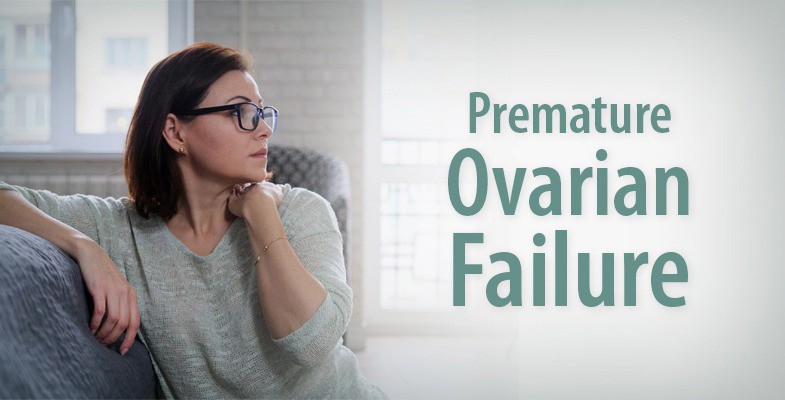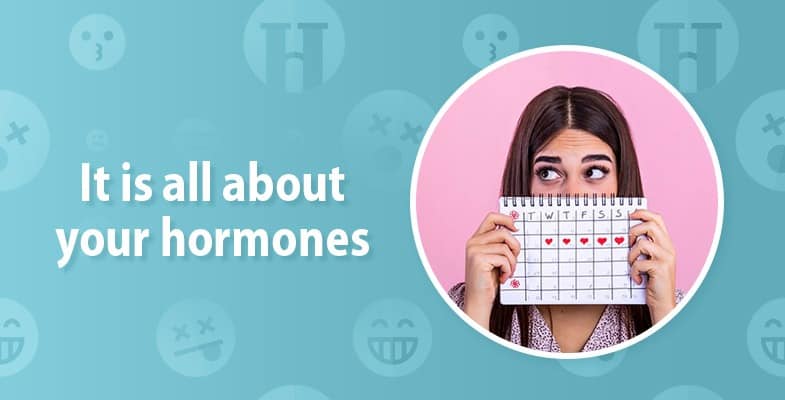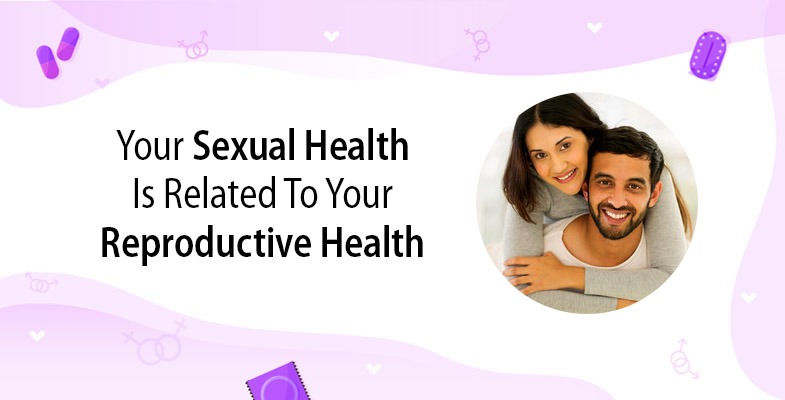
Snigdha and Santanu had their first baby two years after they go married. It was not an easy pregnancy. Snigdha was diagnosed with hypertension and developed gestational diabetes. She was put under medication and had to be closely monitored through her pregnancy. Fearing complications, the couple opted for a caesarean delivery. Snigdha delivered a healthy baby, and post-delivery, she recovered fast with both her pressure and sugar levels under control. Though there was no reason to be worried with regards to her health, Snigdha was a little troubled by the fact thather periods, after they re-started, had become highly irregular, and would even skip months. But with her mind completely taken up with managing the growing demands of her growing child, she did not pay too much attention to this. When their son Snehashish was two, the couple decided that it was time to have another child. They realised that something was not right when Snigdha failed to conceive even after 6 months of trying.
A visit to an infertility specialist recommended by a friend, brought home the possibility that Snigdha was going through premature ovarian failure.
What is Premature Ovarian Failure?
Premature ovarian failure or primary ovarian insufficiency is a condition that occurs in women below 40 years of age. It occurs when the ovaries do not produce adequate amount of the hormone oestrogen and are unable to release eggs regularly. The condition is different from premature menopause. Though it is potentially possible for a woman going through premature ovarian failure to get pregnant, the condition is largely associated with infertility.
What can cause the condition?
Though it may not be possible to definitely determine the cause, the reasons could range from a genetic disorder to immune system issues. Sometimes it can be a fallout of a medical condition (infection) or lifestyle issues like smoking. A person who had undergone cancer therapies is also more prone to developing premature ovarian failure. Though it normally occurs in women above the age of 35, younger women may also develop the condition. Women who have undergone ovarian surgeries are also likely to develop the condition.
Complications
Infertility is the biggest complication of premature ovarian failure. Though, in rare cases, pregnancy may occur naturally, a woman with the condition is usually unable to conceive naturally. Which does not mean that a woman with the condition cannot get pregnant. Pregnancy is very much possible with assisted reproduction techniques. With the help of In-vitro fertilization a matured egg can be extracted from the ovaries (or a donor egg could be used) and fertilized in a laboratory using the husband/partner’s sperm. A woman undergoing premature ovarian failure is perfectly capable of carrying a child and delivering a normal, healthy baby.
Apart from infertility, a woman with premature ovarian failure is at greater risk of osteoporosis (due to less production of oestrogen), heart disease and depression.
Can the condition be treated?
Treatment for the condition depends largely on the complications arising from it. Since oestrogen deficiency is the cause of symptoms like hot flashes and increased risk of osteoporosis, oestrogen therapy is recommended, along with the hormone progesterone. The therapy is likely to regularize your periods, but cannot restore ovarian function. Though the hormone therapy can be continued till the age of natural menopause (50-51), it has been seen to be more beneficial in younger women.
Calcium and Vitamin D supplements are also recommended for preventing osteoporosis.
Though premature ovarian failure does not usually display any obvious symptoms, a visit to a doctor is recommended if you are not at a menopausal age and experiencing pre-menopausal symptoms, and irregular or missed periods.




